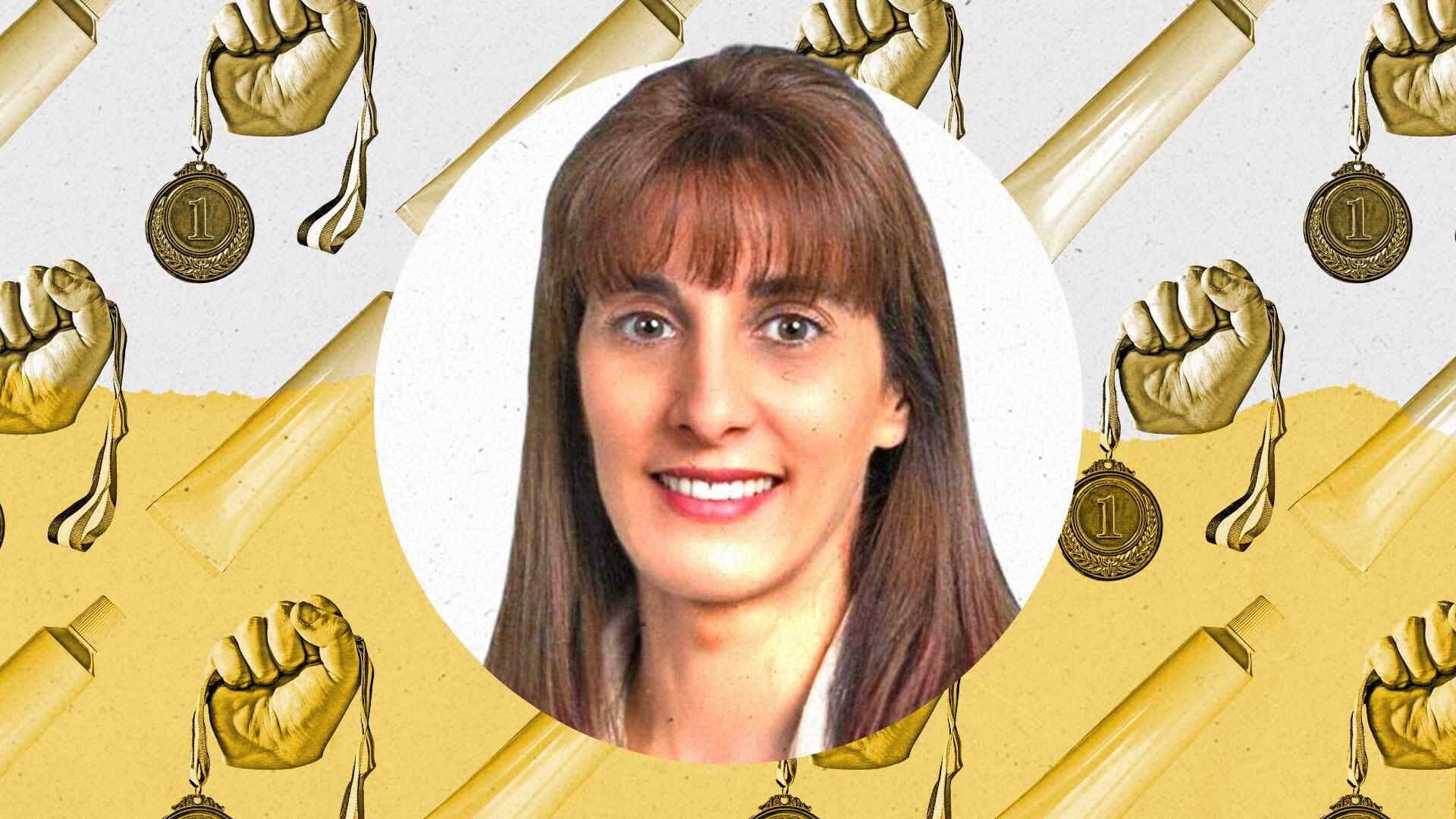Why Colgate-Palmolive’s European media lead believes premium content builds brands

France is celebrated for its wine, luxury fashion and romance, but it also does pharmacies better than arguably anywhere else in the world.
Walk into one and you’ll be surrounded by gleaming, clinical displays of wellness and personal-care products. What makes them special is that you will almost certainly find brands that are niche and probably cultish, but always high quality and often at surprising prices.
It was the desire to bring this quality to the mass market that inspired the creation of Sanex, the personal-care brand scooped up by Colgate-Palmolive in 2011.
Sabrina Mucig, senior director of media and digital transformation in Europe for the home-care giant, was a Sanex patron before ever working on the brand. That came with its own challenges.
“When you love the brand, you think that you’re part of [its] target audience, but it’s not always the case,” Mucig, who is based in Switzerland, tells The Current. “You just have to be very disciplined in terms of who is your target audience and what they think.”
That need to understand audiences deeply is essential to Mucig’s work at Colgate-Palmolive, where she oversees creative and media activations across Europe as part of a 20-year-long career at the company.
Spanning more than 30 countries, almost as many languages, and disparate societal preferences around personal and home care, Colgate-Palmolive’s European advertising needs to feel both intimately localized and part of a coherent, overarching strategy.
And of course, it needs to resonate in a demanding market for personal- and home-care products. Mucig says she often turns to premium content to “cut through the clutter.”
“We know that today, people are bombarded with advertising. The premium context allows us to build better connections with our consumers and be there when they are most engaged and in places that they trust,” says Mucig. “By extension, our brands will also be more trustworthy.”
Common insights
To reach across such a diverse market requires leaning on insights that can resonate with people, whether they’re Danish, Spanish or French, says Mucig.
In the case of the flagship Colgate toothpaste, she says one key insight was realizing that the pressures of life can lead to self-doubt and anxiety. This insight helped inform the company’s sponsorship of the show Married at First Sight, popular across Europe, with its whitening toothpaste product — a natural fit in context of the show’s premise. “Dating and wedding preparation are key moments when people want to be at their best, and having white teeth is key to feeling confident,” says Mucig.
The company also sponsored the historic Sanremo Festival in Italy, knowing that it would be a sure draw for Italians and would help create “a positive image in the minds of consumers, helping position the brand as premium, trustworthy and close to people’s interests.”
“It’s a balance that we need to have, between common programming that could be beneficial across Europe, and then some more local ones that also make sense,” Mucig says. “It still needs to have scale or at least the potential to scale if it’s successful.”
On the digital side of its marketing efforts, Colgate-Palmolive has found success tapping in to connected TV’s scale for a recent campaign in Germany. Splitting its budget across as many publishers as possible, the brand expanded its overall reach by 84% with this campaign.
“Investing in ads on premium content helps us garner better attention and viewability,” says Mucig.
Safety and accountability
For Colgate-Palmolive, investing in premium media is not just about being on the same wavelength as its would-be customers. It’s also about protecting brands with reputations that have often taken decades to build.
Agencies, too, are increasingly focusing on the positive ROI impact that a strong brand reputation can bring, says Mucig. And as the future of brand safety standards comes under the spotlight, the importance of advertising on brand-safe inventory is only likely to increase.
Just like French people walk into pharmacies knowing they’ll find quality products, so, too, do audiences tune in to premium media knowing they’ll be greeted with top-quality content.
But for advertisers like Colgate-Palmolive that choose to invest in ads on premium media, it’s about more than appearing alongside zeitgeisty shows: In the end, it comes down to cold, hard results.
“Everything we do at Colgate-Palmolive, when it comes to content and media, is to build our brands and to drive our business through strong ROI,” says Mucig.
“It’s very important that we don’t lose sight of these two elements because sometimes it’s easy to get lost in a lot of data, a lot of strategic thinking. But everything needs to ladder up to this.”
Subscribe to The Current
Subscribe to The Current newsletter